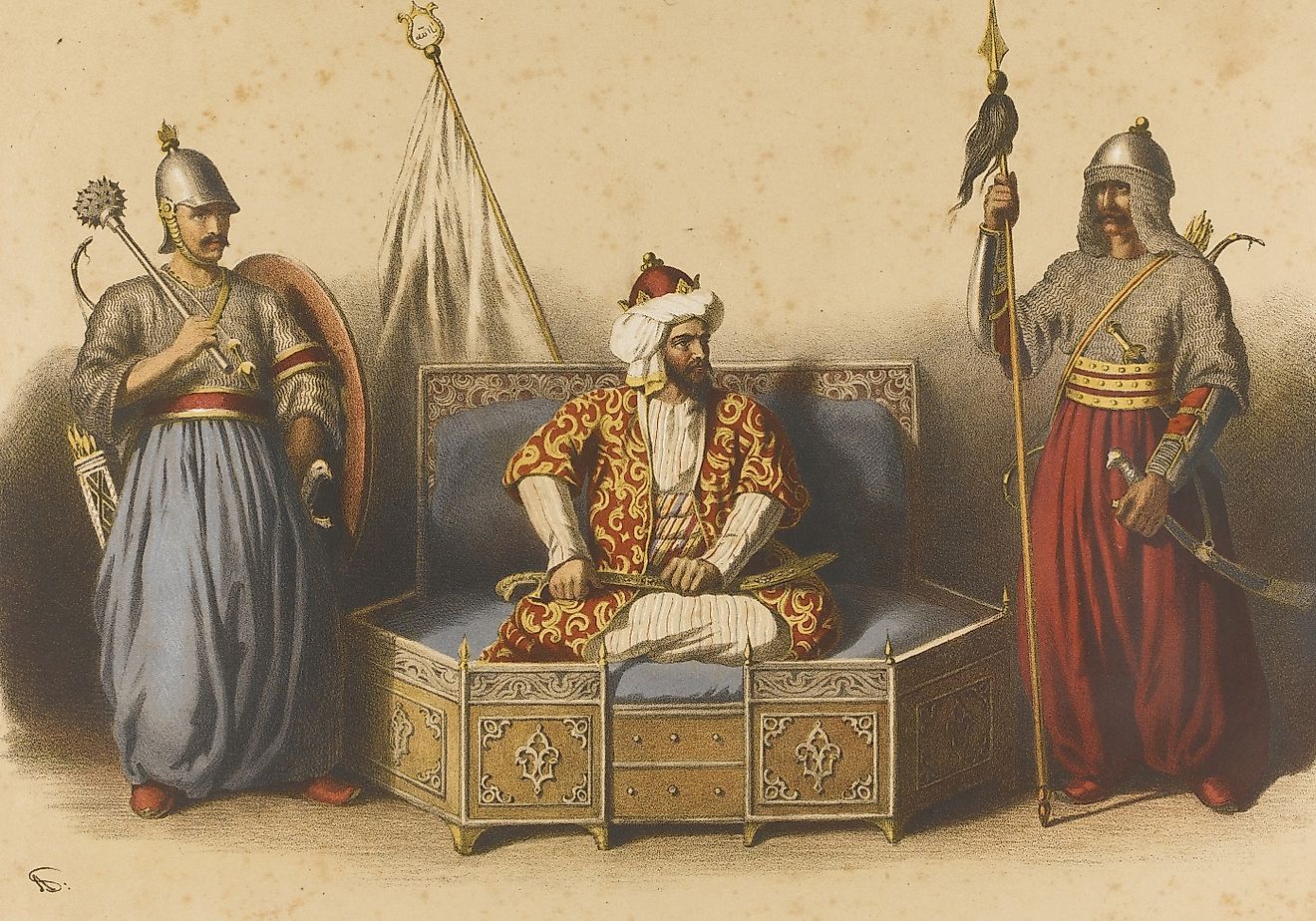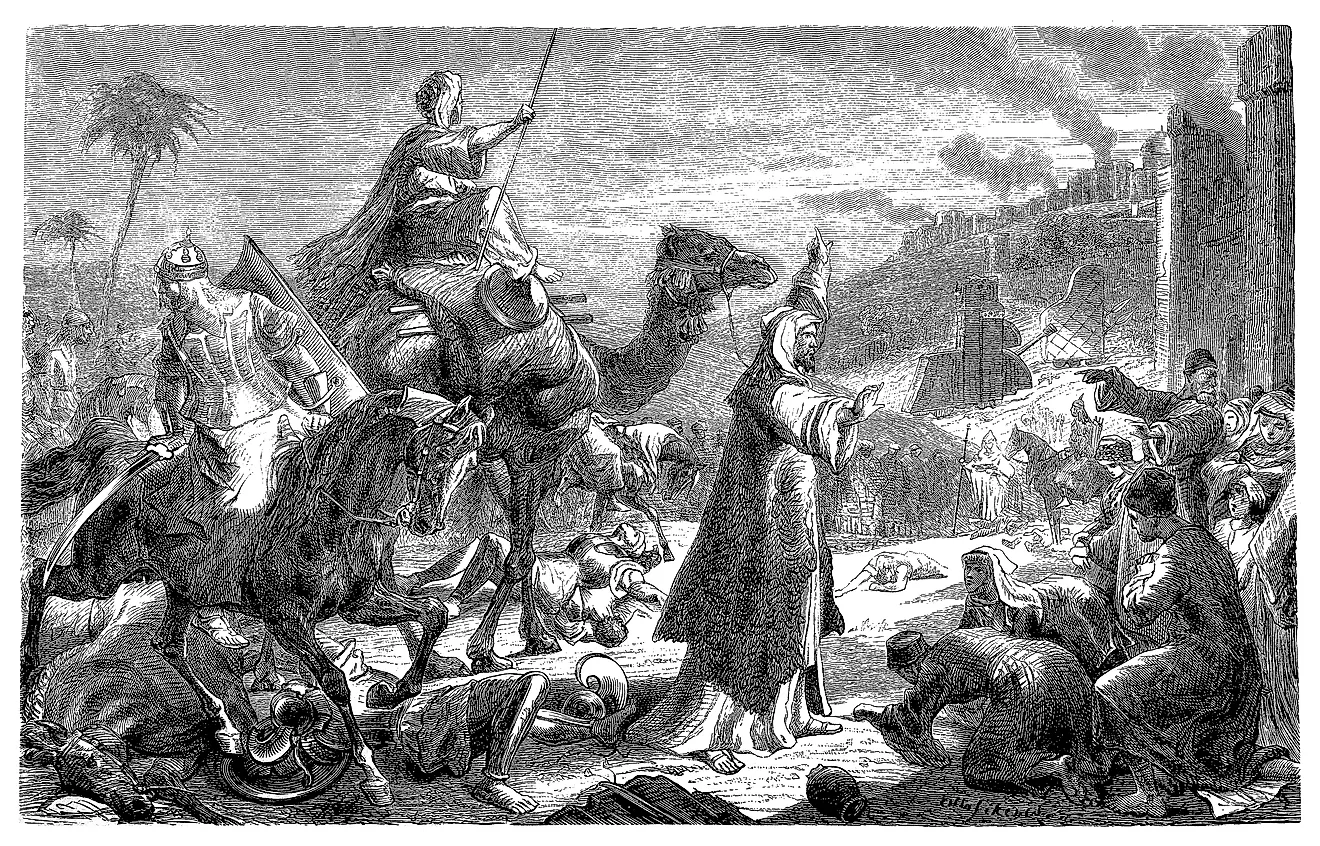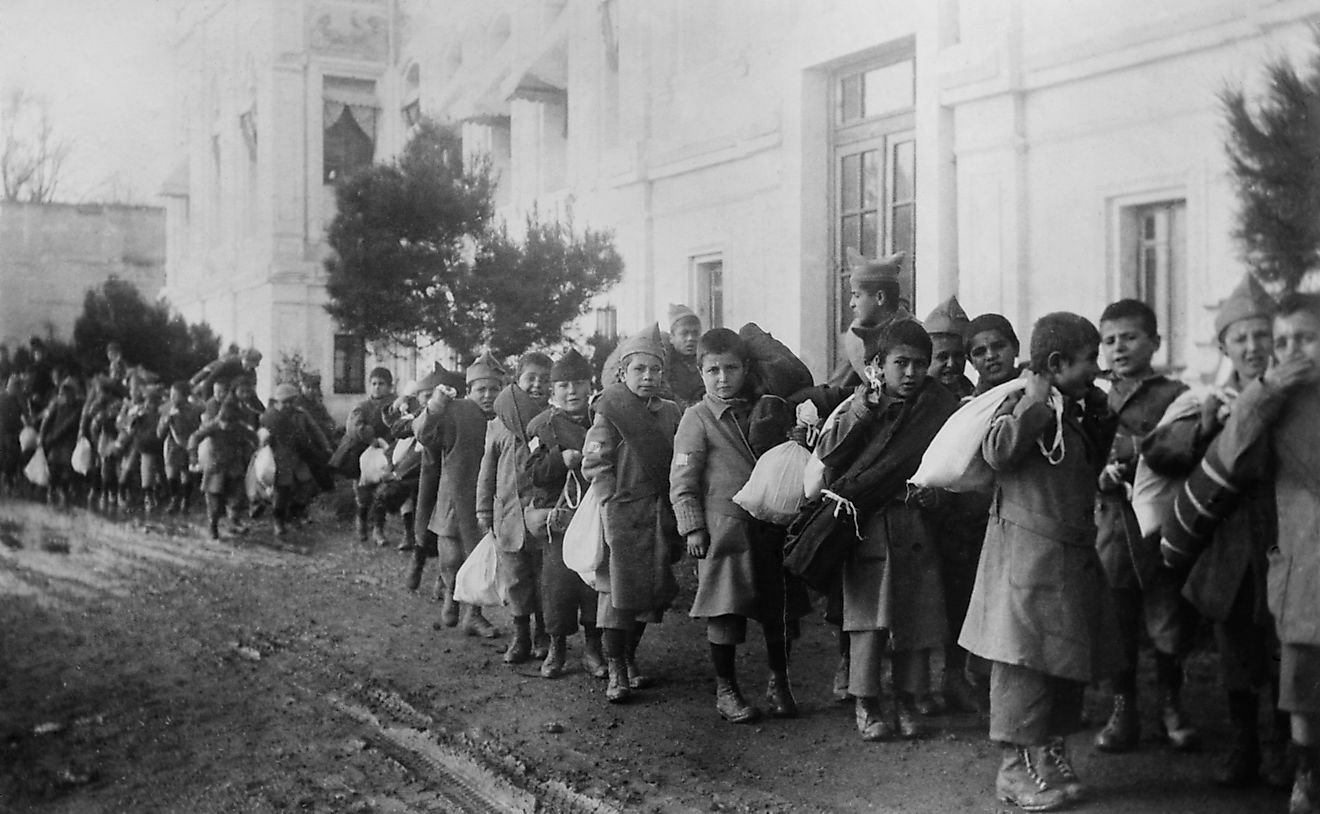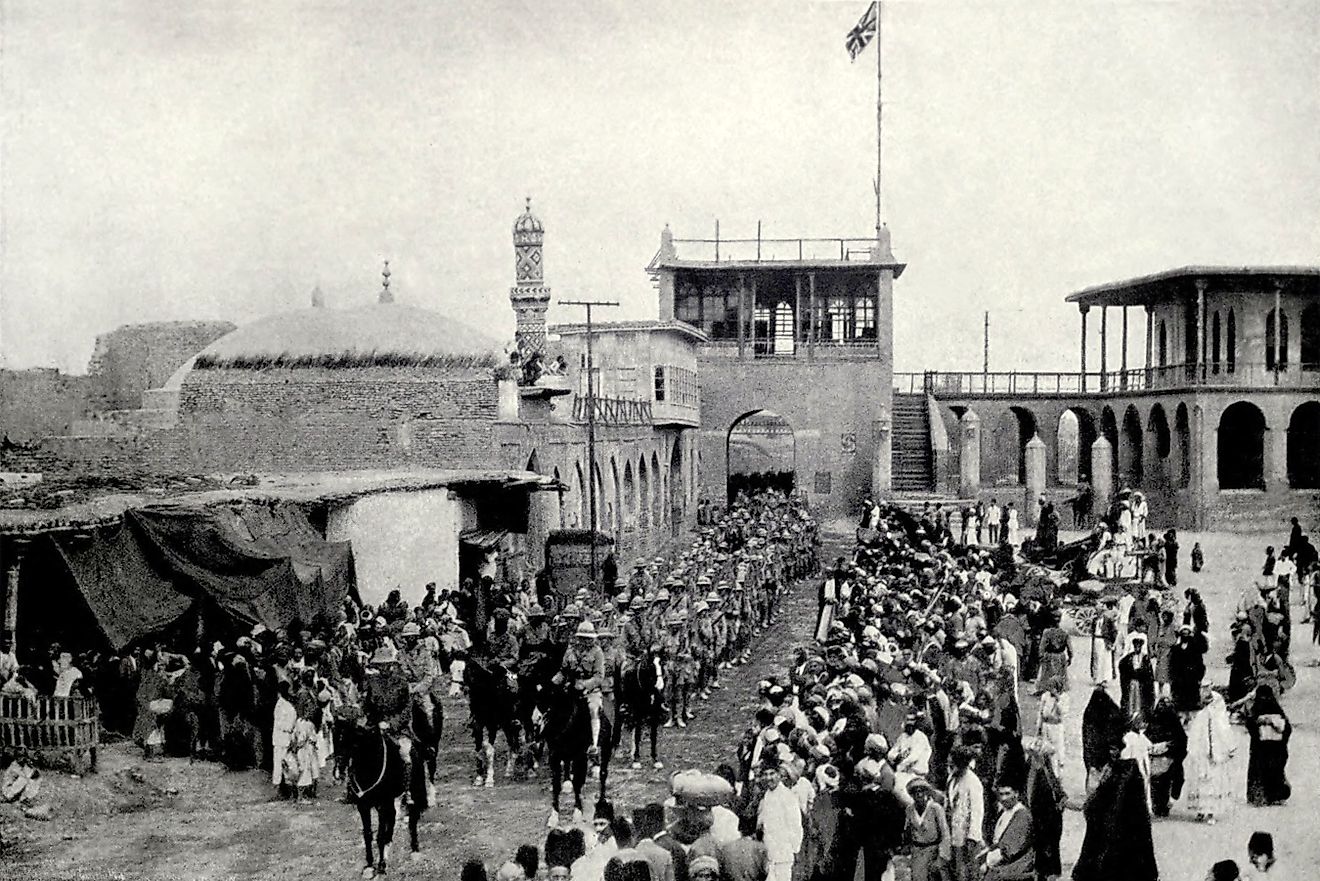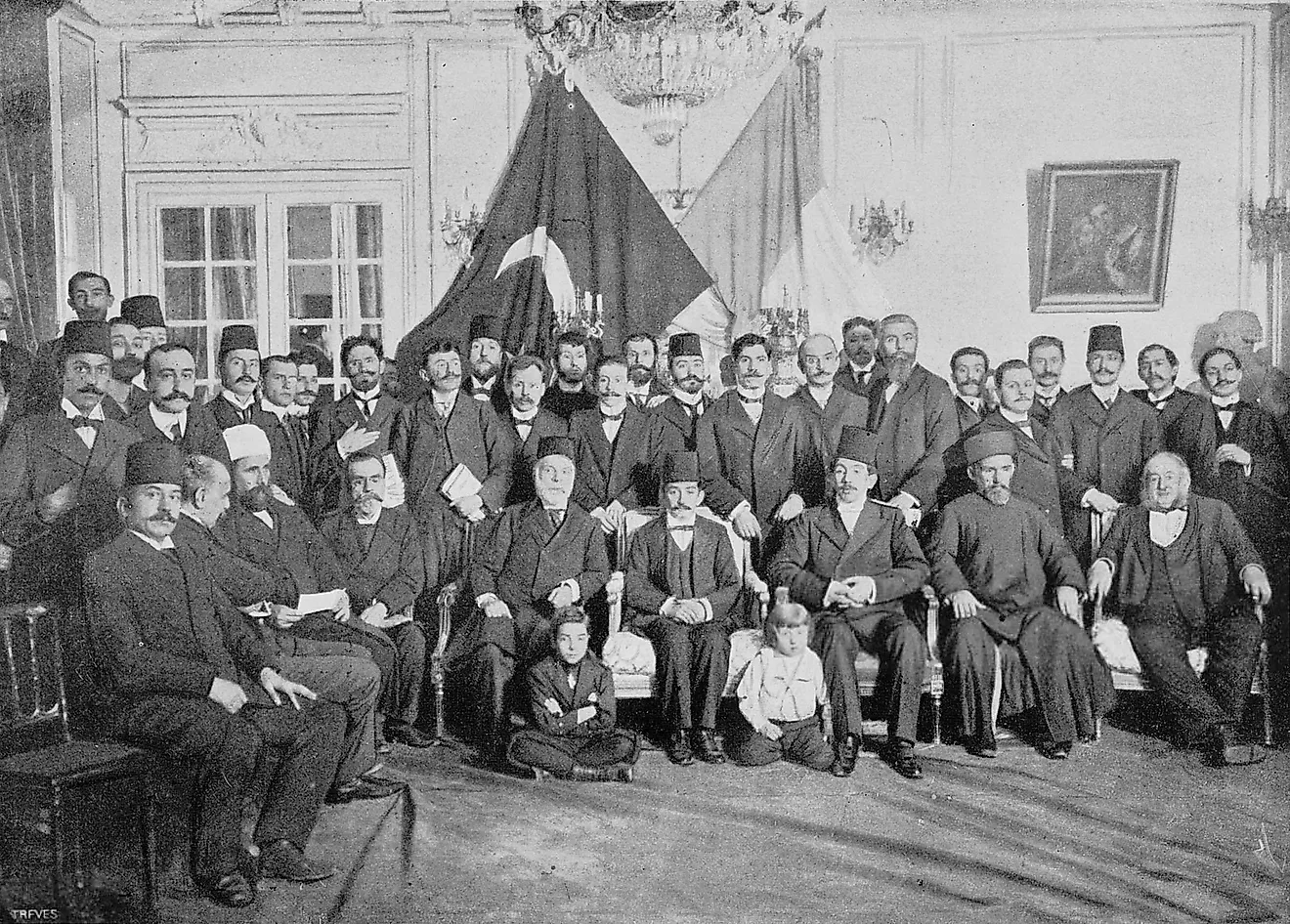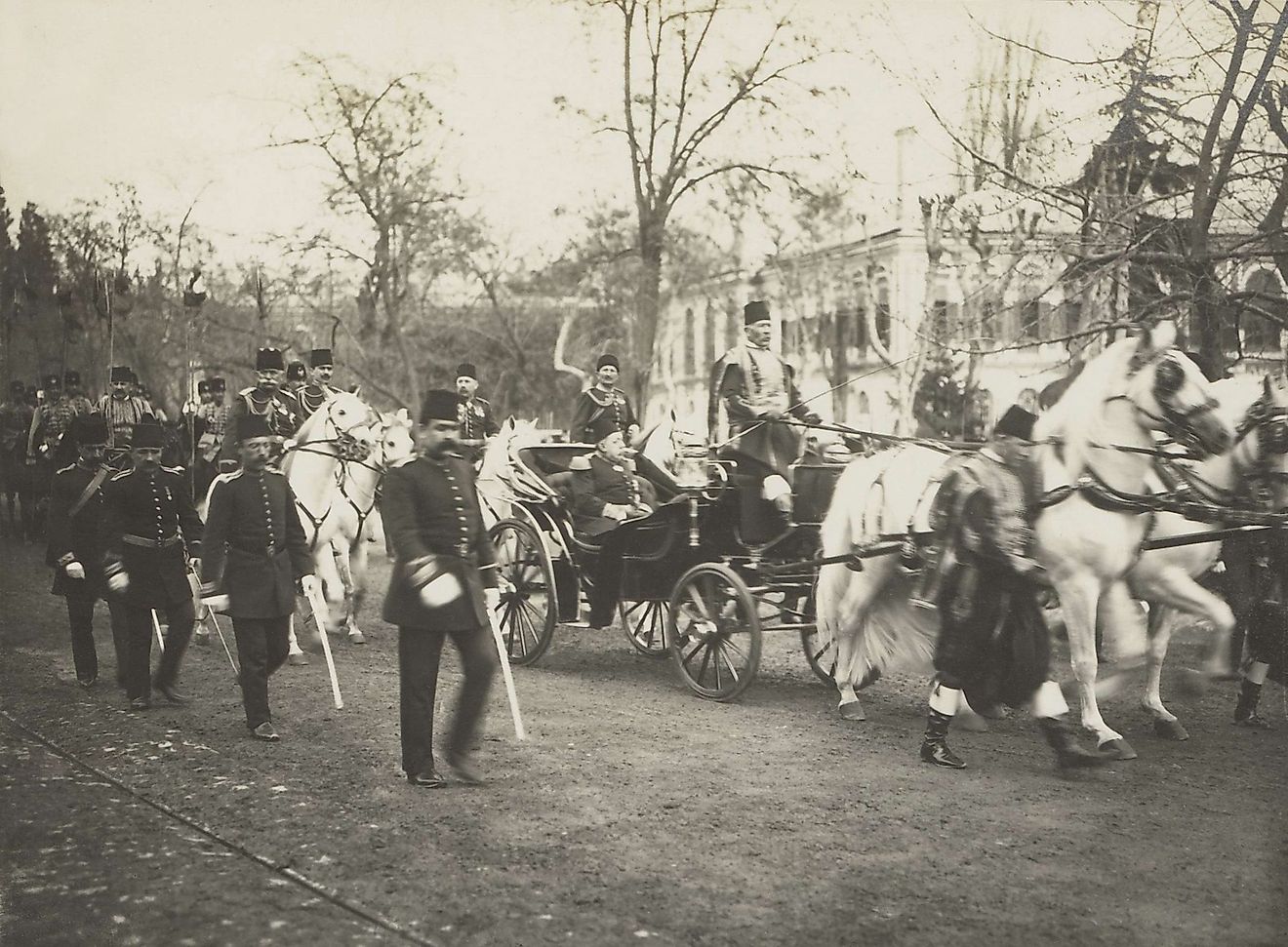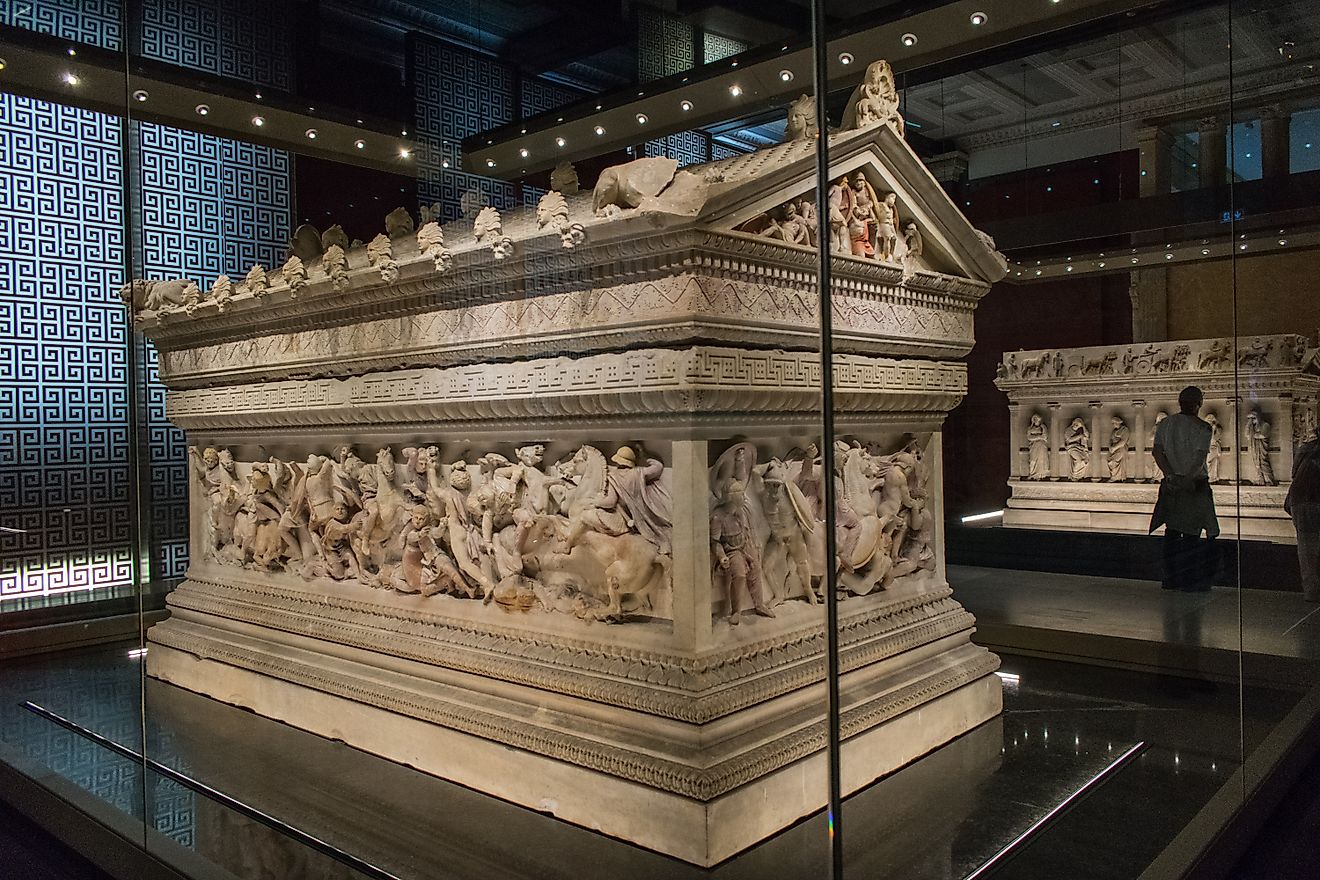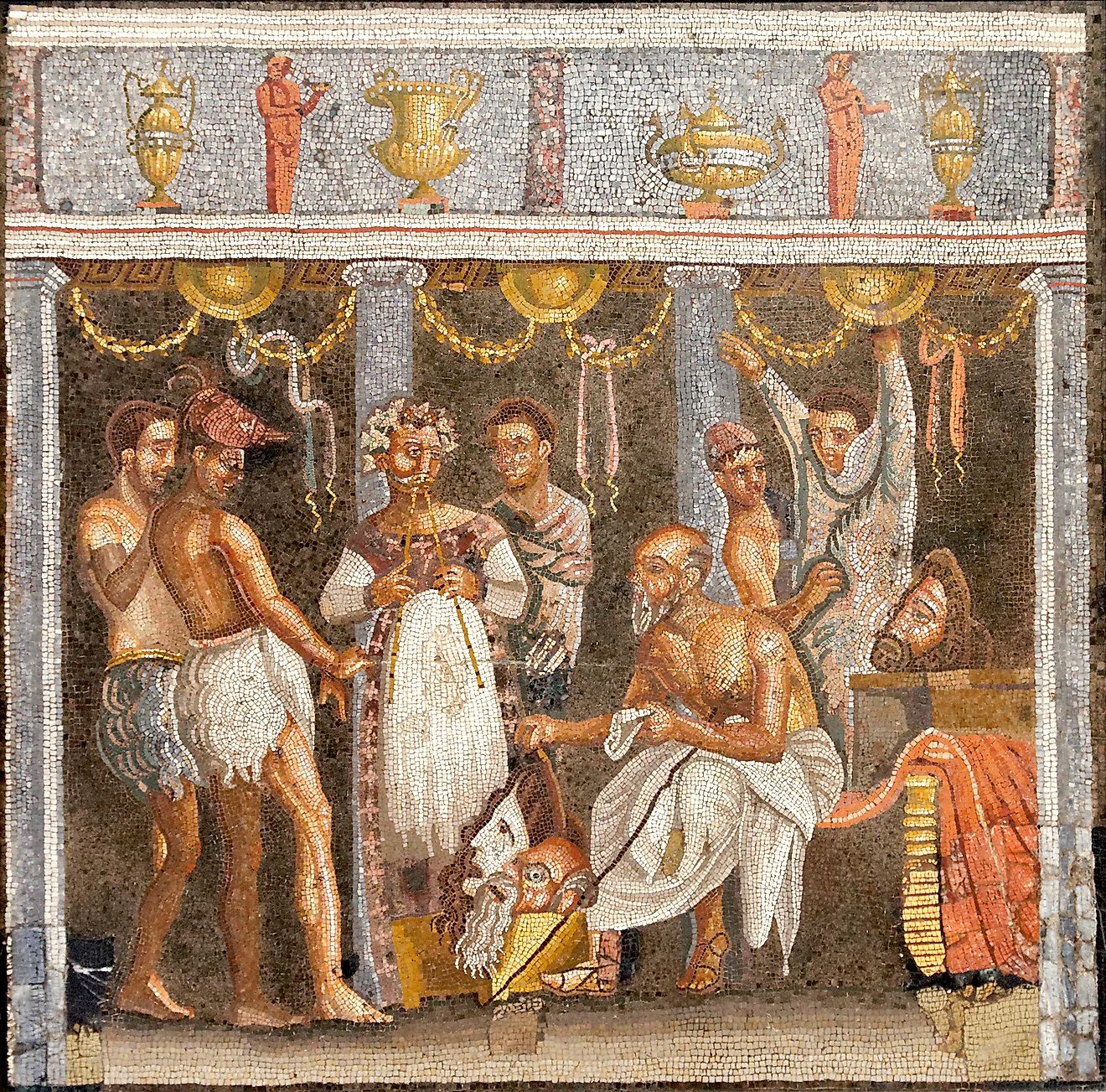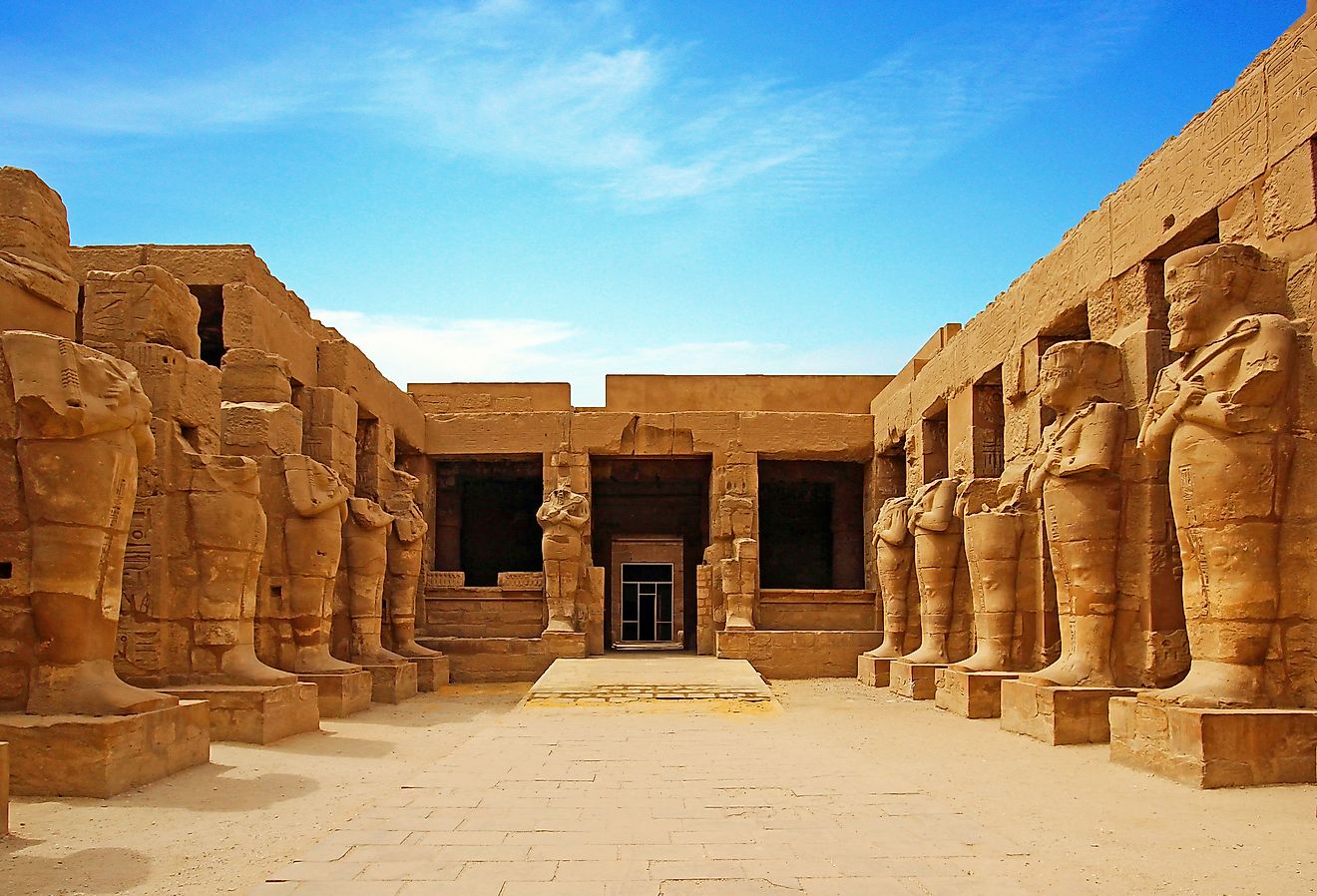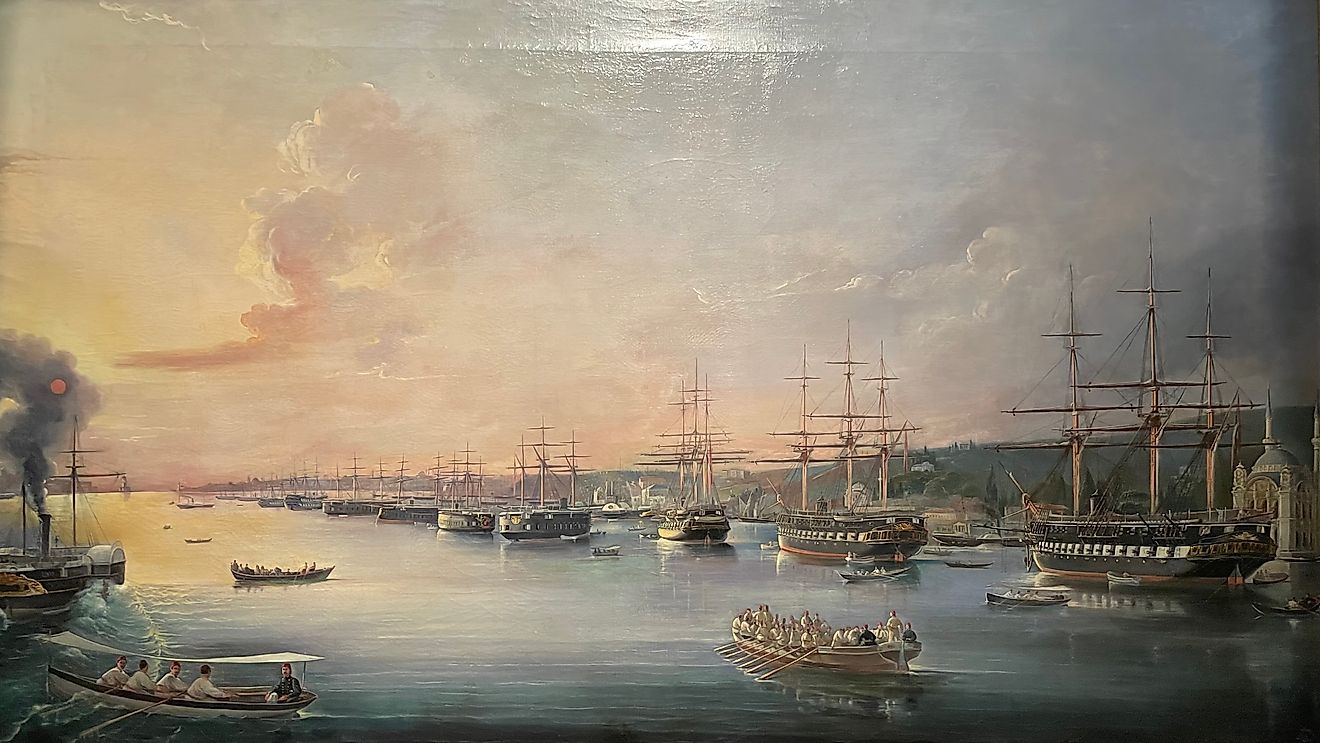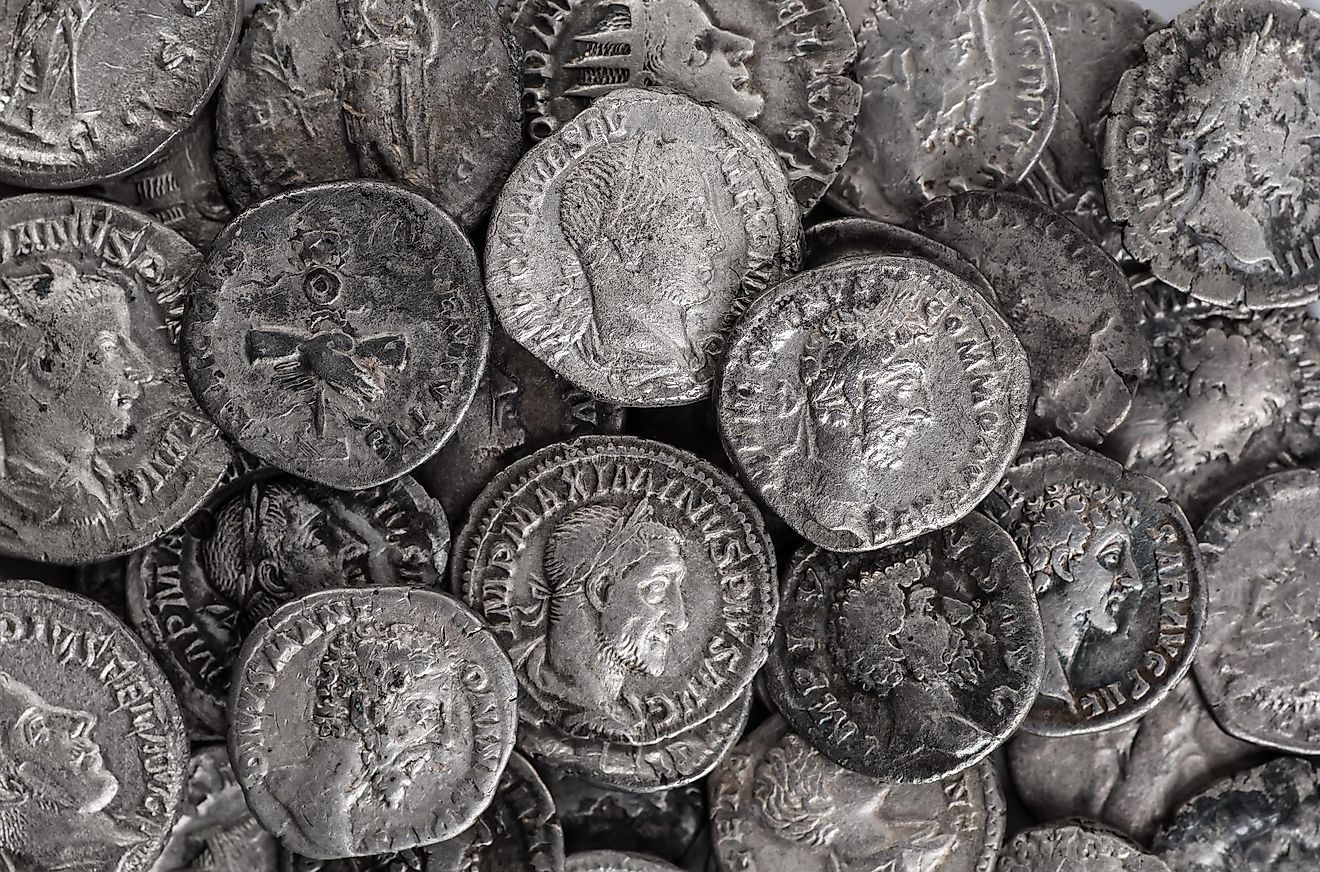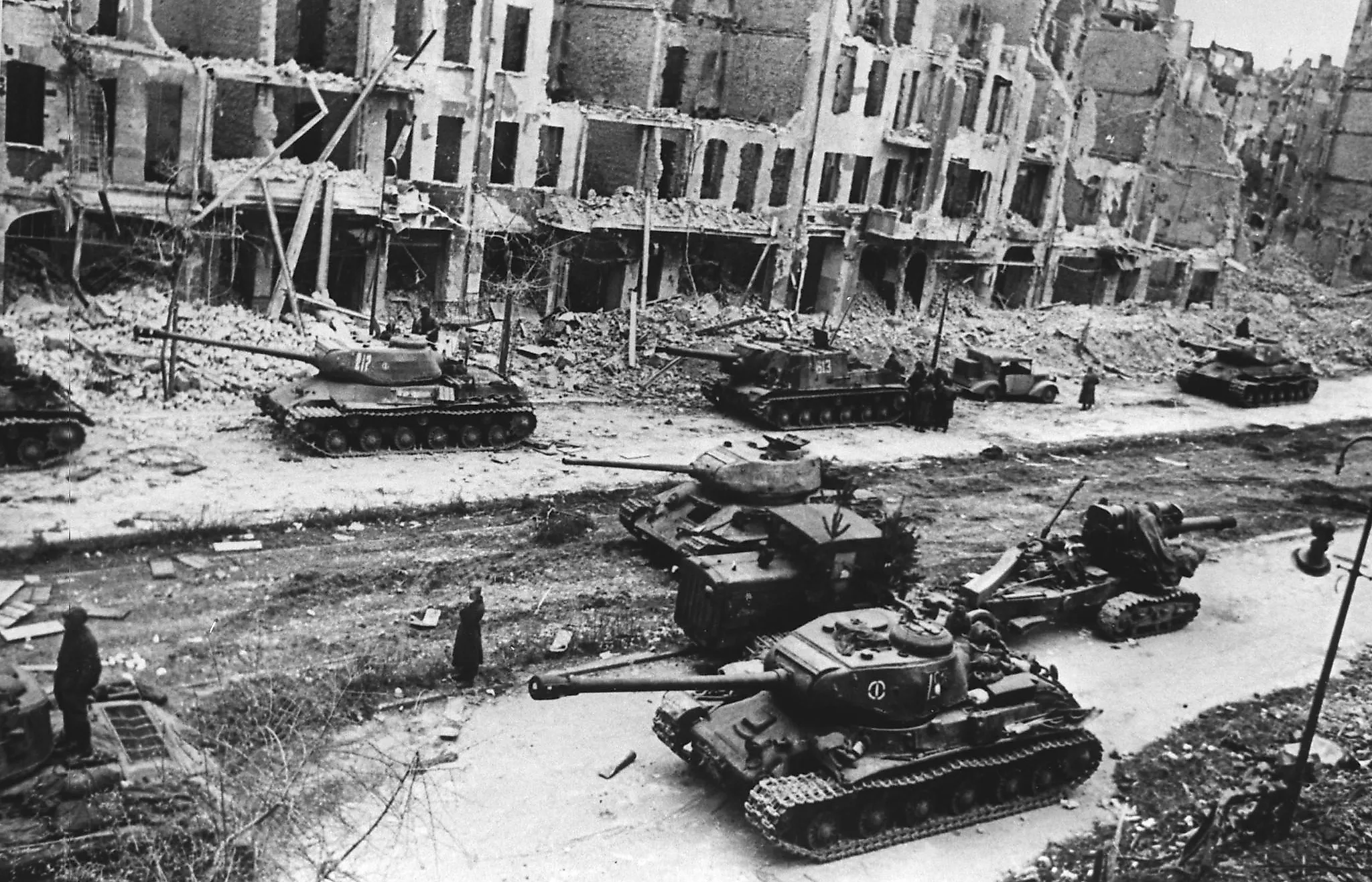
How did the Soviet Union Win World War II?
While many in Western Europe and North America focus on the Western Front, World War II was truly won and lost in the East. The scale of fighting in the Soviet Union (USSR) was enormous, with the country suffering more casualties than any other. Furthermore, by winning the war, the USSR positioned itself as a significant power in the post-war period.
Background
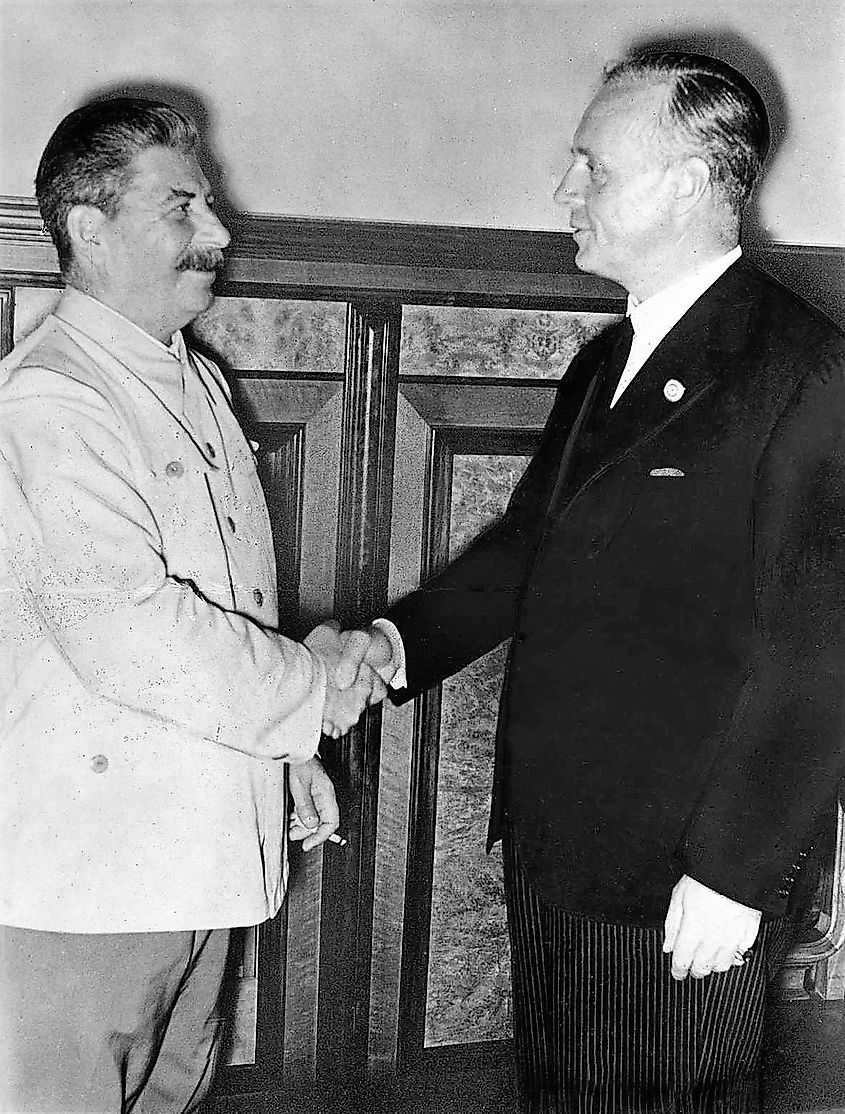
Germany invaded Poland on September 1st, 1939, followed by the Soviet Union's invasion of Poland on September 17th. This was by the Molotov-Ribbentrop Pact, a non-aggression treaty between the USSR and Germany that divided Eastern Europe between the two countries. Over the next two years, Germany experienced a series of victories in Western Europe, invading and occupying Denmark, Norway, the Netherlands, Belgium, Luxembourg, and France. Furthermore, contrary to the terms of the Molotov-Ribbentrop Pact, which asserted that peace would be maintained between Germany and the USSR for ten years, German troops began to gather on the Soviet border. This was accompanied by German scouts investigating Soviet terrain, and reports from the British and Soviet intelligence agencies that Germany was planning an invasion.
The Invasion and the Siege of Leningrad
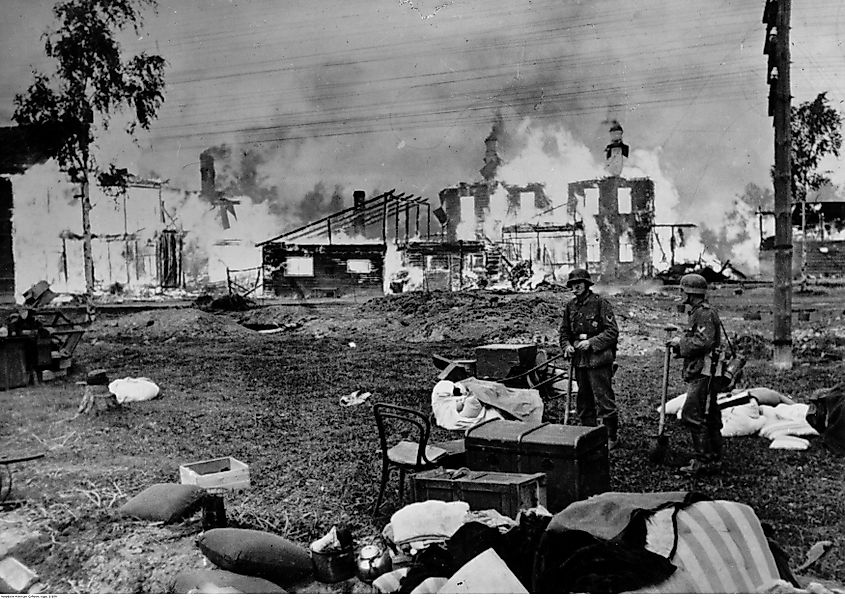
On June 22nd, 1941, Germany invaded the Soviet Union. The German attack was divided into three prongs, with Army Group North headed towards Leningrad, Army Group Center's objective being Moscow, and Army Group South focused on Ukraine and the oil fields in the Caucasus. Soviet leader Joseph Stalin's purge of the military in the mid-to-late 1930s made the Red Army woefully unprepared to defend against a full-scale invasion, meaning that the USSR suffered enormous losses. The Soviet experience in World War II was perhaps most clearly encapsulated in Leningrad. Army Group North reached the city in early September 1941 and laid siege. The constant bombardment and isolation resulted in the city experiencing a famine, with most Leningraders surviving on 0.3 pounds of sawdust-laden bread daily. Reports of cannibalism also emerged as the famine worsened. Despite the nearby frozen Lake Ladoga allowing 1.5 million Leningraders to flee the city, by the end of the siege in early 1944, between 600,000 and 1.5 million people had died.
The First German Setback
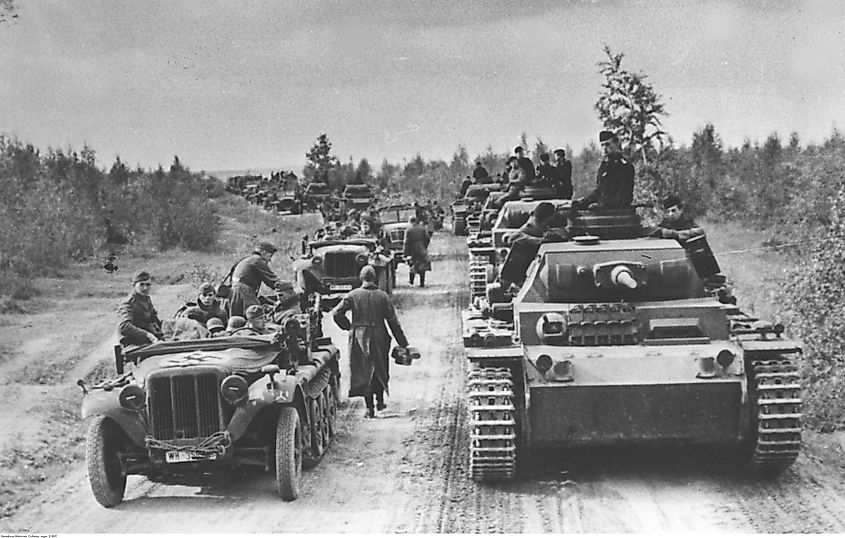
Much like Army Group North, Army Group Center made rapid progress, reaching the suburbs of Moscow by October 1941. However, this progress was then halted. November 7th marked the anniversary of the November Revolution, which was celebrated in the form of a massive military parade. Stalin's re-emergence at the parade bolstered morale.
Furthermore, General George Zhukov returned from fighting the Japanese in the east around this same time. A formidable military thinker, Zhukov was crucial in organising the defense of Moscow. All these factors, combined with the Germans' woeful unpreparedness for the Russian winter, meant that the Soviets could beat back the Wehrmacht by early 1942.
The Battle of Stalingrad
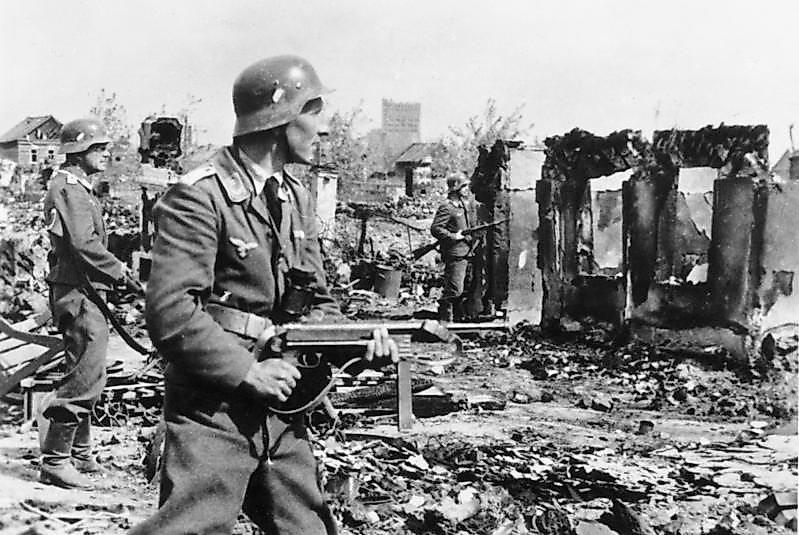
While the Germans suffered a setback in Moscow, they continued to make progress elsewhere. Army Group South quickly took Ukraine and began to move through Southern Russia. In the summer of 1942, they reached the industrial city of Stalingrad. This was a key target, being a partial gateway to the Caucasus. The city also held symbolic importance since it bore the name of the Soviet leader. It initially appeared that the Germans would take Stalingrad, almost completely occupying it by September 1942. However, like in Moscow, as winter fell, the Soviets began to claw back territory. This culminated in a major Soviet counteroffensive in November 1942 named Operation Uranus, which saw two spearheads of the Red Army, one north and one south of the city, link up and surround the Germans. The battle ultimately ended in a German defeat in early 1943. Furthermore, this marked the furthest point the Germans ever advanced in the war, with them being consistently beaten back for the next two years.
The Soviets Win
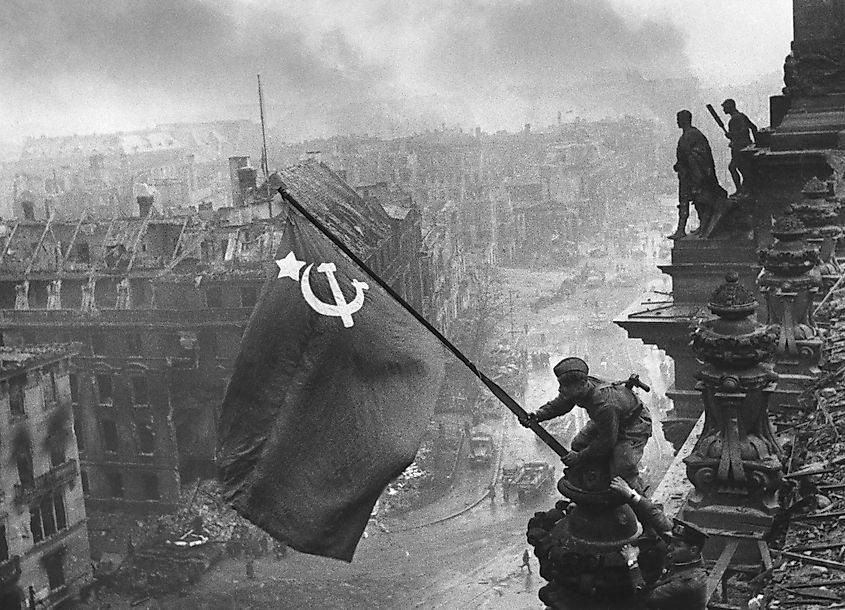
The iconic "Raising a flag over the Reichstag" photo by Yevgeny Khaldei. Published: Ogoniok magazine (No 19, 1945). Photo via Wikicommons
In the summer of 1943, the Germans attempted a massive counteroffensive in the Battle of Kursk. However, this was hindered by, among other factors, the Allied invasion of Sicily, which forced Hitler to divert troops to Italy. Germany's attention was further divided the next summer when the Allies invaded Normandy. These factors, paired with the sheer size of the Red Army and Soviet industrial war machine, meant that the Soviets steadily beat the Germans back. This all culminated in the Battle of Berlin in April and May 1945. Three Soviet army groups attacked the city from the east, west, and north on April 16th. On April 20th, General Zhukov began shelling the city centre. The entire city was captured the next week. With the battle lost, Hitler killed himself on April 30th, effectively ending the war. The war officially ended when the remnants of the German government signed a peace treaty on May 7th.
Importance and Impact
The geopolitical ramifications of World War II would be felt for decades to come. Indeed, with the Red Army now occupying most of Eastern Europe and the United States emerging as the undisputed main Western power, this set the stage for the forthcoming Cold War. Regarding the more human impact, World War II is perhaps the most important event in collective Russian historical memory, with it being a major source of both trauma and pride.
